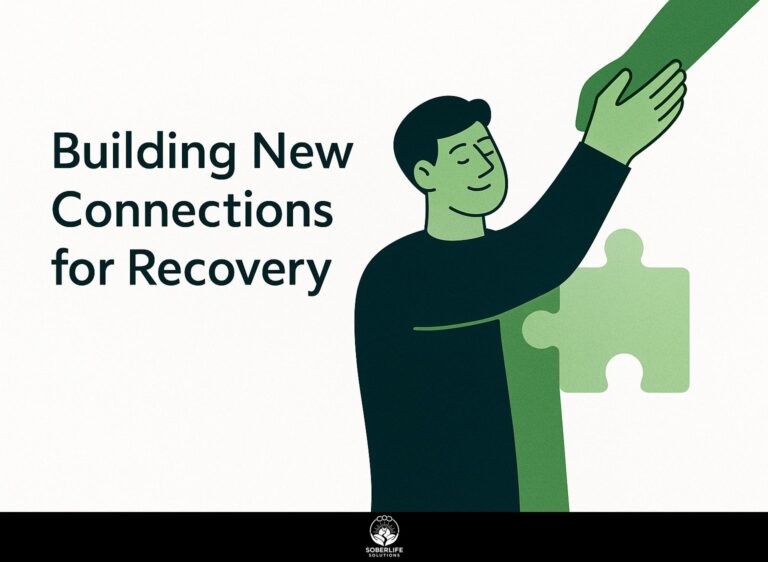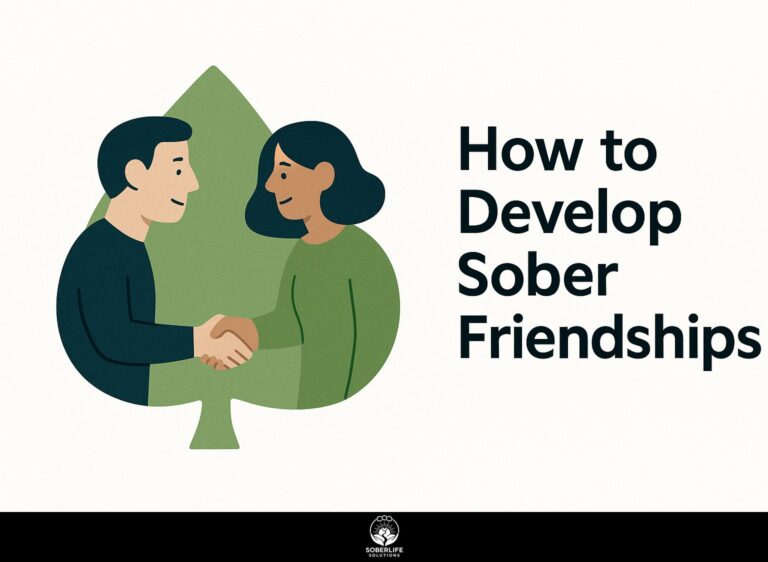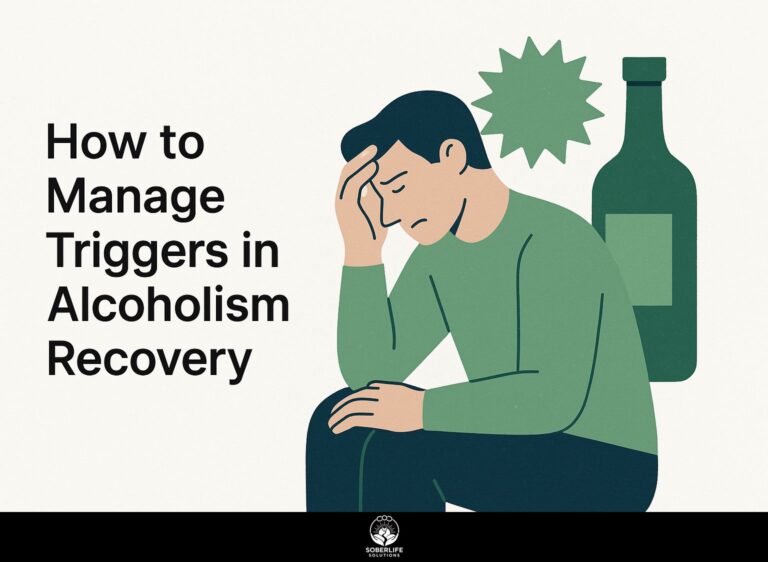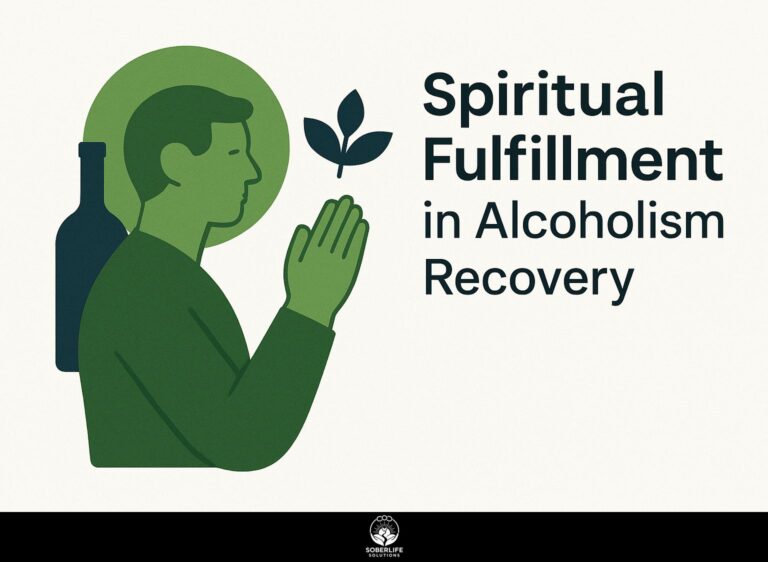How to Build a Support Network: Key Strategies
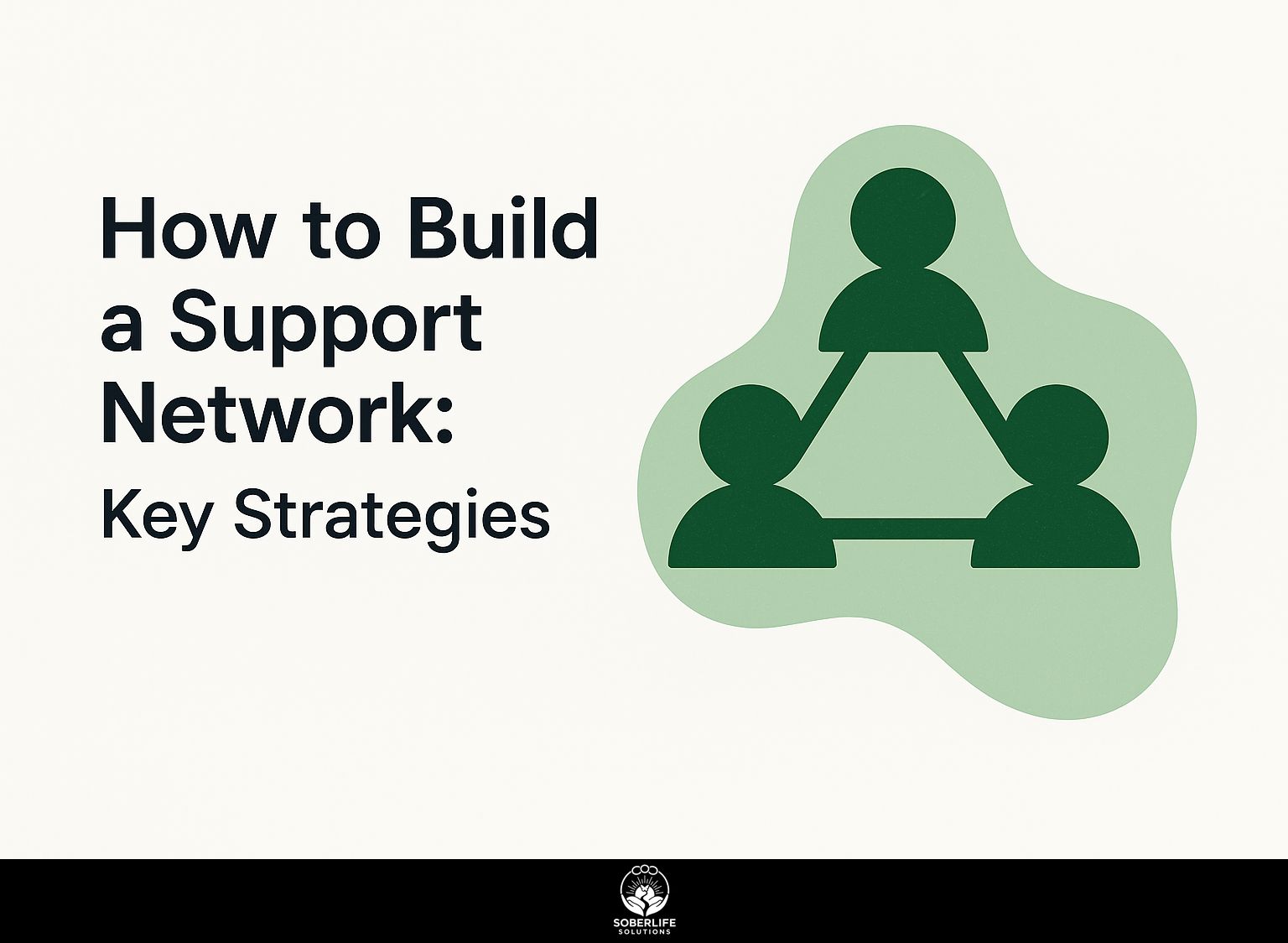
It’s important to have a strong support system, especially for neurodivergent people looking for emotional and social help. A strong network builds connections and increases resilience during tough times. In this article, we’ll look at important ways to figure out what you need, choose the right people, and use community groups to build strong relationships. Learn how to build a strong support network that helps you and improves your experiences.
Key Takeaways:
Knowing Why a Support Network Matters
A strong support network is very important for neurodivergent individuals, greatly improving emotional health and social bonds. As highlighted by Verywell Mind, social support plays a critical role in psychological health, underscoring the necessity of these connections. For families, peer support groups provide essential support that can further strengthen these bonds by offering shared experiences and understanding.
Identifying Your Needs
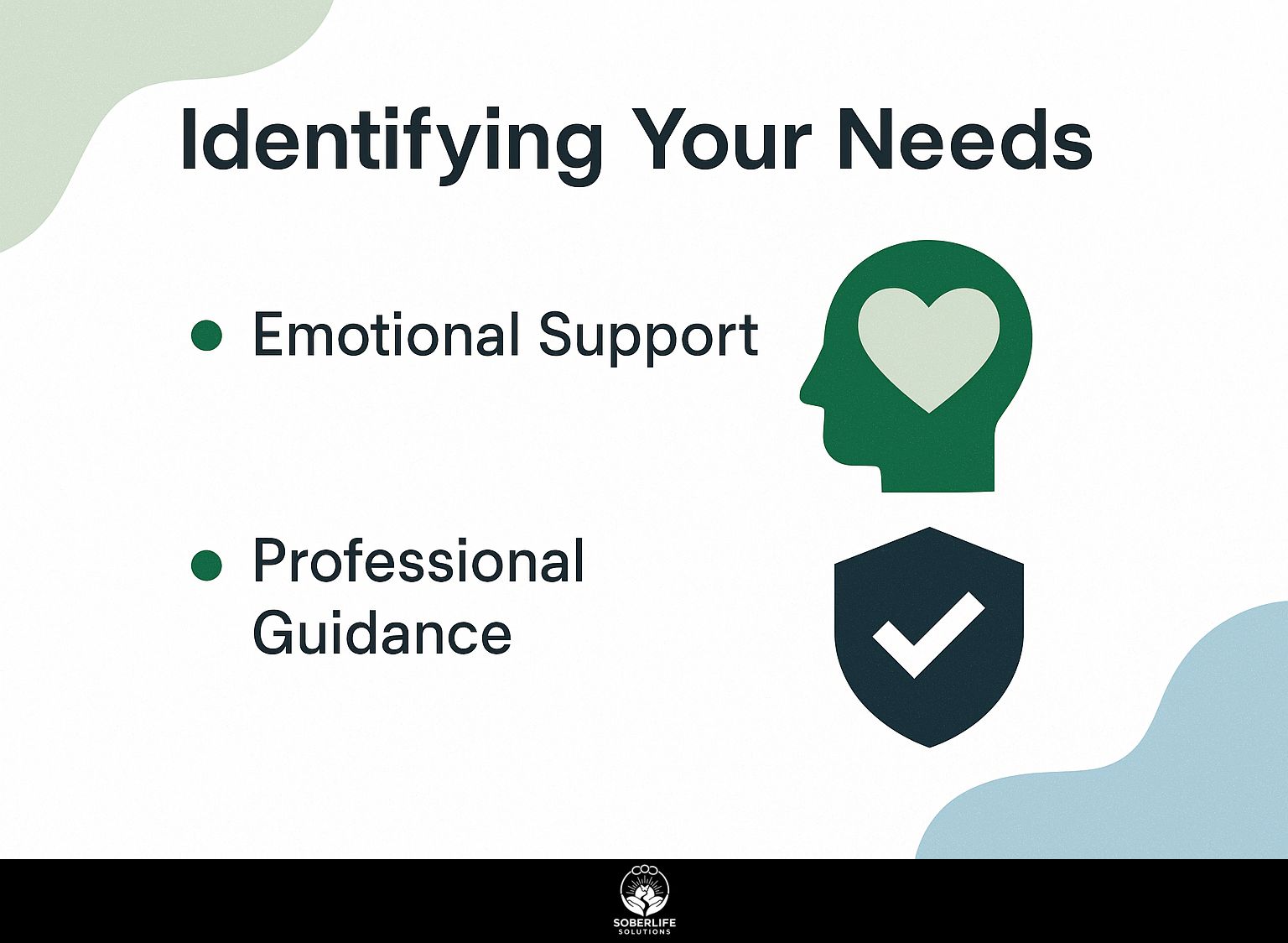
Knowing exactly what you need is the first step in creating a helpful network that effectively deals with emotional issues and supports mental health. For example, understanding how to join and run peer support groups can provide vital insights into building such a supportive network.
Emotional Support
Emotional support is important for neurodivergent individuals, helping them handle mental strain.
To get emotional support, think about some helpful methods.
- Talking to a mental health expert can offer individual ways to handle stress. Websites such as BetterHelp and Talkspace allow you to easily connect with licensed therapists familiar with neurodiversity.
- Joining peer support groups can create a sense of belonging; websites like Meetup can help find local meetings.
- Engaging in online forums or social media groups, such as those on Facebook or Reddit, allows for sharing experiences and receiving validation.
- Open conversations about emotions also strengthen connections with friends and family, enhancing support networks.
Professional Guidance
Career coaches and executive function coaches can greatly improve life skills and self-advocacy for neurodivergent people.
To find effective professional guidance, consider exploring accredited directories like the International Coach Federation (ICF), which lists qualified coaches. A recommended program is the ADD Coach Academy, known for its specialized focus on ADHD coaching.
Personal coaching can guide you to define clear goals, make better choices, and express your needs. Joining community support groups can create a space where people share experiences and improve skills learned in coaching sessions.
Finding the Right People
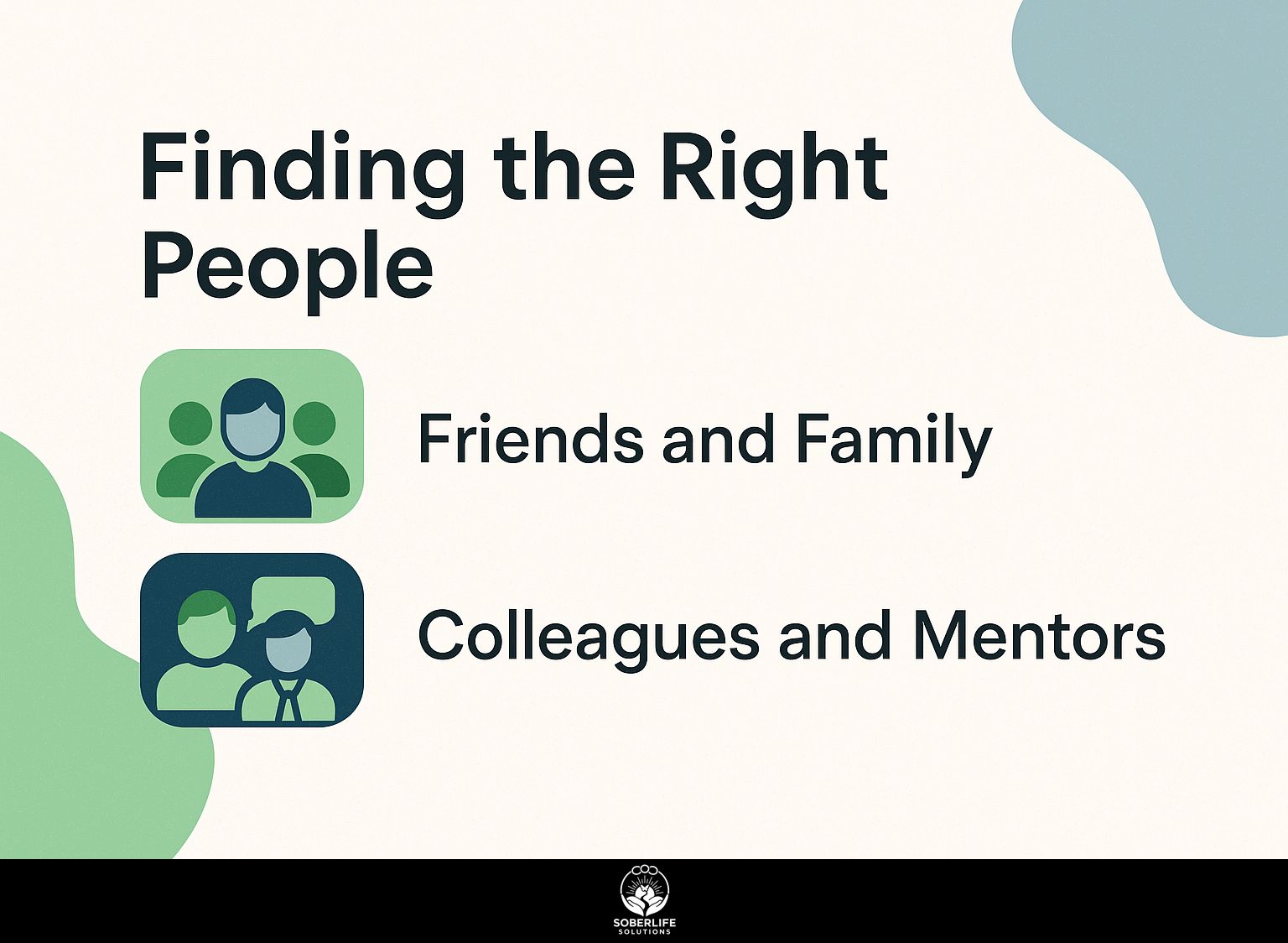
Meeting the right people can help build strong relationships and active participation in the community. Curious about how to prepare for support groups? Our analysis explains the key factors that contribute to making meaningful connections.
Friends and Family
Friends and family are often the first line of emotional support, but maintaining these connections requires intentional effort.
To improve these important relationships, try scheduling monthly meetings. You can do this with a phone call, video chat, or face-to-face coffee.
Scheduling regular activities, like a trivia night or a nature walk, can create lasting memories and deeper connections.
Thank your partner regularly-studies find that gratitude greatly improves emotional steadiness in relationships. This is supported by Psychology Today’s insights on how gratitude strengthens relationships, indicating that expressing thanks can have a profound impact.
Simple gestures, like sending a thoughtful message or a small surprise gift, can remind loved ones of their importance in your life and encourage a reciprocal emotional bond.
Colleagues and Mentors
Building professional relationships with colleagues and mentors can provide useful guidance and support for career growth.
To maximize the benefits of your networking efforts, set clear goals. Make an effort to reach out to a new person every week on LinkedIn, especially those working in your area or people whose careers you admire.
Attend at least two industry conferences annually, where you can meet potential mentors face-to-face. Join relevant online forums or groups, participating actively to establish your presence.
Each new contact offers chances for advice, teamwork, and learning that can greatly help your career path.
Building Relationships
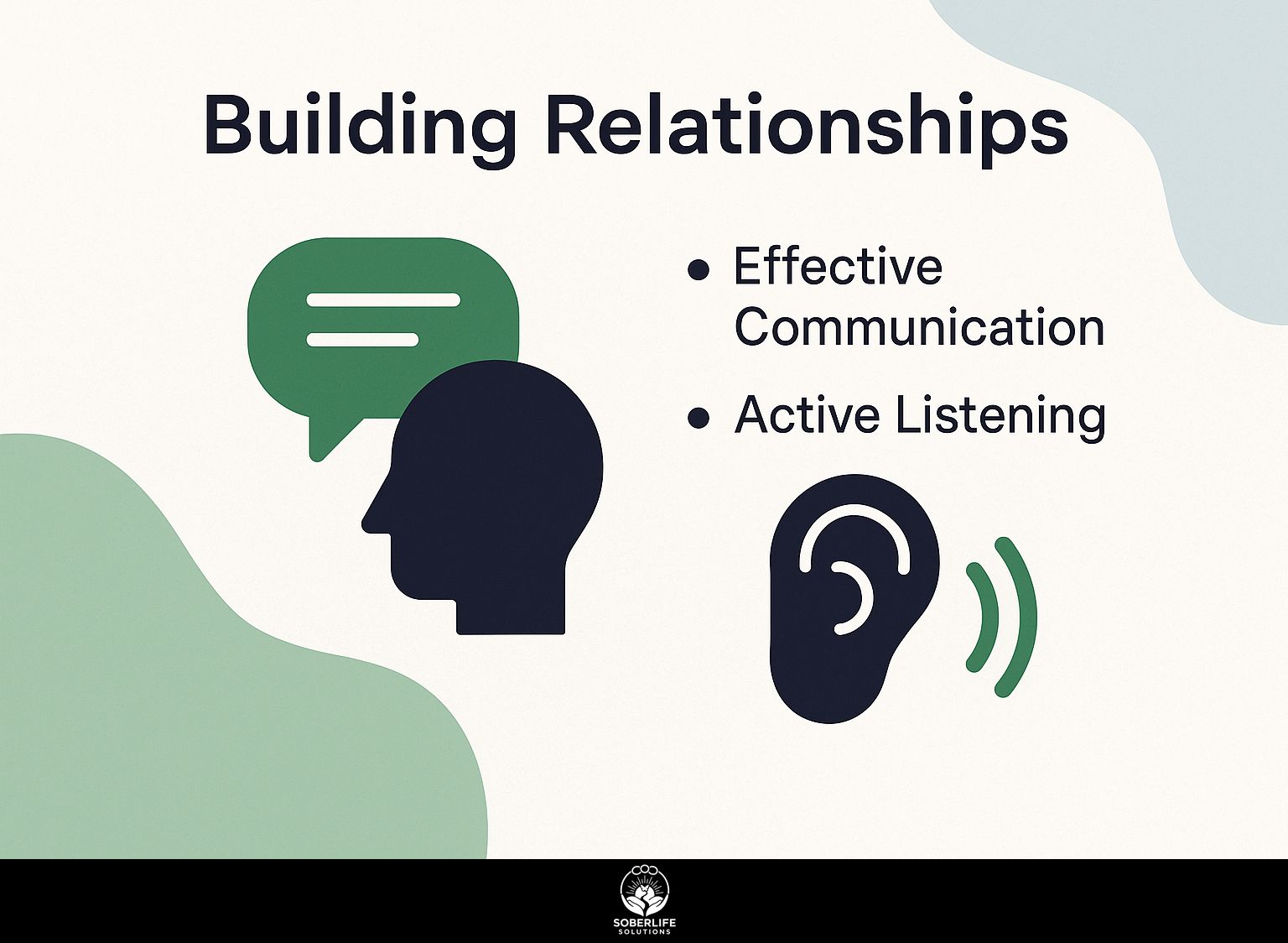
Good communication and paying attention are basic skills for creating strong personal bonds in your support group. These skills are essential for building connections, which are crucial for recovery. Learn more about how establishing new connections can significantly enhance recovery efforts.
Effective Communication
Getting better at communicating can greatly improve your emotional health and relationships.
To improve your communication skills, begin by focusing on listening carefully. This means giving full attention to the speaker, responding with nods or short words to show you’re listening, and repeating their main points to show you get what they’re saying.
Tools like Grammarly can improve your writing by fixing grammar and recommending clearer wording. Consider joining courses that focus on communication skills or speaking in front of others.
These experiences increase confidence and give useful feedback from peers, helping you get better as time goes on. Consistent practice in these areas really changes how you interact with others.
Active Listening
Listening carefully makes others feel appreciated and improves the support you can give to your peers.
To develop active listening skills, practice summarizing what the other person has said. This demonstrates your involvement and clears up any confusion.
For example, if a colleague shares a concern, you might say, “So, you’re worried about meeting the project deadline?” Ask open-ended questions like, “Can you tell me more about that?” This encourages further dialogue.
Consider enrolling in workshops on platforms like Coursera, where interactive exercises can help you apply these techniques effectively in real-world scenarios. For context, Coursera offers a detailed course titled Active Listening: Enhancing Communication Skills, which can enhance your communication abilities through practical exercises and expert insights.
Utilizing Online Platforms
Online platforms can expand your support network beyond geographical limits, allowing for diverse connections and community involvement.
Engaging in online forums like Reddit’s r/mentalhealth or Facebook’s neurodiversity groups offers various advantages.
For example, you can talk about your own experiences that connect with others, learning about different ways to handle challenges. These platforms help create a sense of community, as members often confirm each other’s feelings.
Many people provide resources like mental health apps or articles, which can help you deal with difficulties successfully.
Joining in can increase what you know and give fast help if needed. In fact, the benefits of such peer support groups are well-documented in our deep dive into their definition, benefits, and activities.
Maintaining Your Network
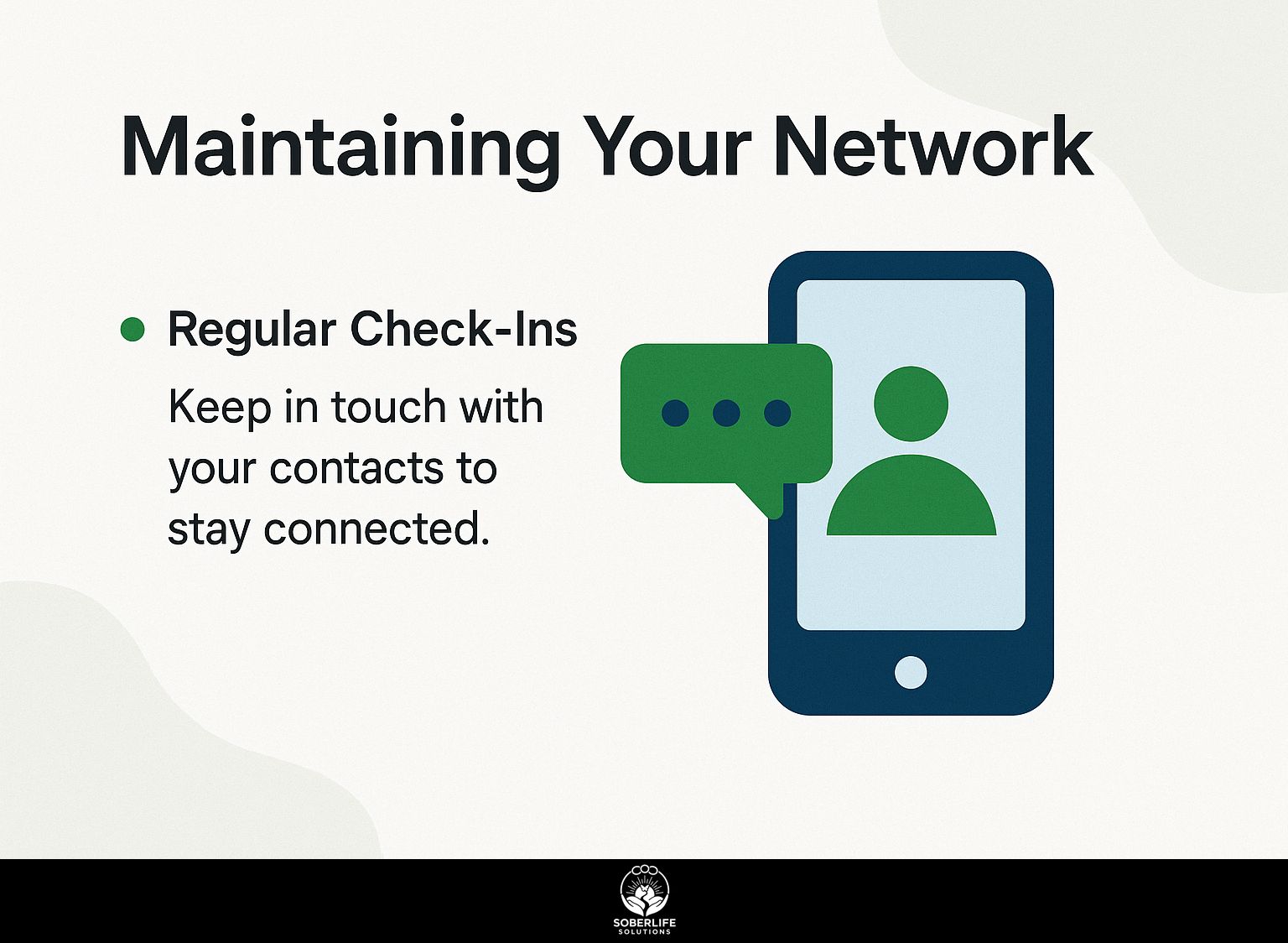
Taking care of your group of friends and family is important for keeping strong relationships and feeling good emotionally.
Regular Check-Ins
Having regular meetings with your support network can improve peer support and help maintain relationships.
To maximize the effectiveness of these check-ins, establish a consistent schedule. For example, set up video calls every two weeks using Zoom or Google Meet, ensuring everyone can participate regardless of their location.
Using a shared calendar, such as Google Calendar, helps everyone stay accountable by sending notifications. During these meetings, concentrate on giving updates and talking about difficulties, creating a space for honest communication.
Consider monthly coffee meet-ups, either virtually or in-person, to strengthen bonds and encourage informal discussions.
Evaluating Your Support Network
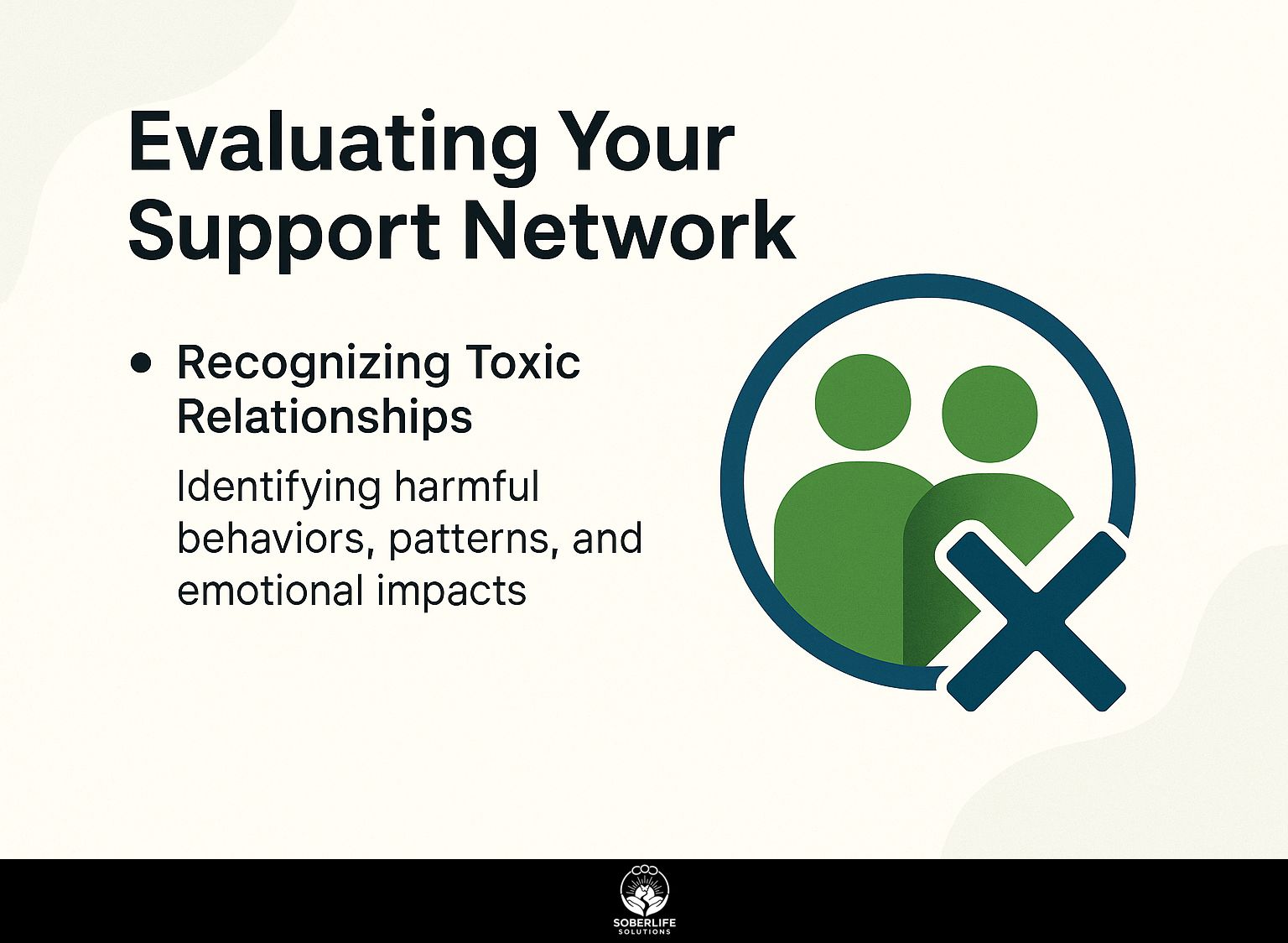
Checking your circle of support is important for spotting harmful relationships that might affect your feelings and personal development.
Recognizing Toxic Relationships
Seeing harmful relationships is important for keeping emotional balance and building strong self-defense skills.
Signs of a toxic relationship include consistent negativity, manipulation, and a lack of support.
To address these issues, start by setting clear boundaries-communicate what behaviors are unacceptable.
For example, if your partner frequently belittles you, express how it affects your self-esteem and insist it stops.
Getting help from a therapist can offer advice and make tough talks easier. Consider suggesting couple’s therapy as a way to work through issues together while ensuring you also have a supportive network of friends or family to lean on during this process.
Frequently Asked Questions
What are some key strategies for building a support network?
Some key strategies for building a support network include identifying your needs, reaching out to people, and maintaining open communication.
How can I identify my specific support needs?
Take some time to reflect on your personal and professional life and identify areas where you could benefit from support. This could include emotional support, career advice, or help with a specific task.
Who should I reach out to when building a support network?
You can reach out to friends, family members, colleagues, and even acquaintances who you trust and feel comfortable talking to. It’s important to have a diverse support network that includes people from different backgrounds and experiences.
What are some ways to maintain open communication in my support network?
Schedule regular check-ins with your support network and make sure to listen and communicate openly and honestly. It’s also important to be respectful of each other’s boundaries and to provide support when needed.
How can I show my appreciation for my support network?
You can show your appreciation by expressing gratitude and acknowledging the important role they play in your life. You can also offer to help and support them in return.
What should I do if I am having trouble building a support network?
If you are having trouble building a support network, don’t be afraid to ask for help. Reach out to a therapist, mentor, or support group to get guidance and support in building a strong and reliable network.

